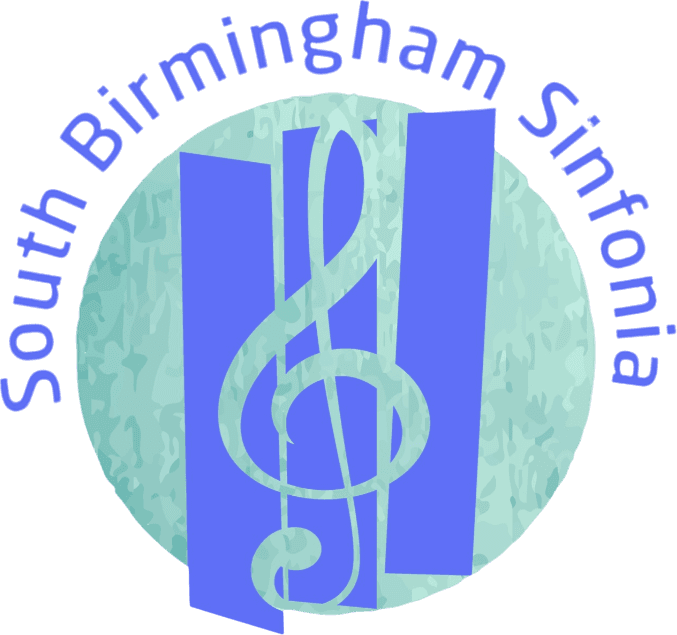This is a guide for members detailing how programming is carried out and giving some of the things that need to be considered when putting together a programme. Members’ views are of course highly valued, but putting together a viable programme is quite a complex task.
Procedure
The normal process is
- Consider the main “highlight” items such as symphonies, etc., first.
- Try to put together one or more viable programmes based on these “highlight” pieces, as far as possible combined with other member-suggestions.
- Discuss in the Players’ Forum whether a suggested programme is suitable, what alternatives there might be, and what the possible problems are.
- The Players’ Forum proposes to the committee a suggested programme (possibly with options or alternatives).
- The committee discusses whether a programme is financially and practically feasible.
- The committee makes the final decision.
Thus the “larger” items of a programme (e.g., symphony, etc.) usually needs to be chosen first and a programme built around it. (This procedure is mainly for practical reasons to eliminate many of the variables from the discussion and keep it from getting unwieldy.) But there would be no problem in principle in suggesting a coherent sequence of works with a single theme as a “symphony”.
Equally, smaller works (such as overtures) tend to get discussed alongside a “highlight” item that they go well with. If you want to suggest a smaller work, by all means go ahead and your suggestion will be considered if it might make a viable programme with the main work to the programme.
It is often preferable if a programme has a “theme” or at least there is some musical thread that links the pieces in the programme.
Considerations
A number of considerations might rule a particular piece out very quickly, or, conversely, make it an attractive option. Not all of these are obvious to many players, so please read the following carefully.
- The SBS is a large orchestra, involving full brass, woodwind and percussion. The assumption is that our programmes will generally involve all members most of the time. At the very least, members from any of these sections who are not required would have to be carefully consulted in advance of committing to a particular programme.
- Some music (particularly 20th C music and music still in copyright, but there are exceptions) is expensive to hire and/or difficult to hire for the long periods that SBS generally prefers. Cost considerations are important. Note that music available at http://imslp.org/ is generally out of copyright and may be inexpensive to obtain.
- Some pieces require “extras” which have to be hired at extra cost. This can make the difference between breaking even, making a small profit, or making a small loss. The orchestra has no regular harp player for example, and some pieces require unusual percussion instruments or even a piano.
- Soloists for concerti cost money to hire, and pianos are always expensive to hire.
- Our usual venues may not be suitable for a particular suggested programme, and the cost of hiring an alternative must be taken into account.
- The piece suggested may be too difficult for the orchestra at present, or some sections of it, or require too much rehearsal time.
- The piece suggested (or something very similar) may have been played by the orchestra comparatively recently. (Past programmes are available via these web pages.)
The orchestra welcomes suggestions from members at any time. However, as far as possible it would be helpful if suggestions were made with the above points in mind. You can (and should) discuss programme ideas informally with as many people as possible, and also with your section leader or representative on the players’ forum, as well as with committee members.
